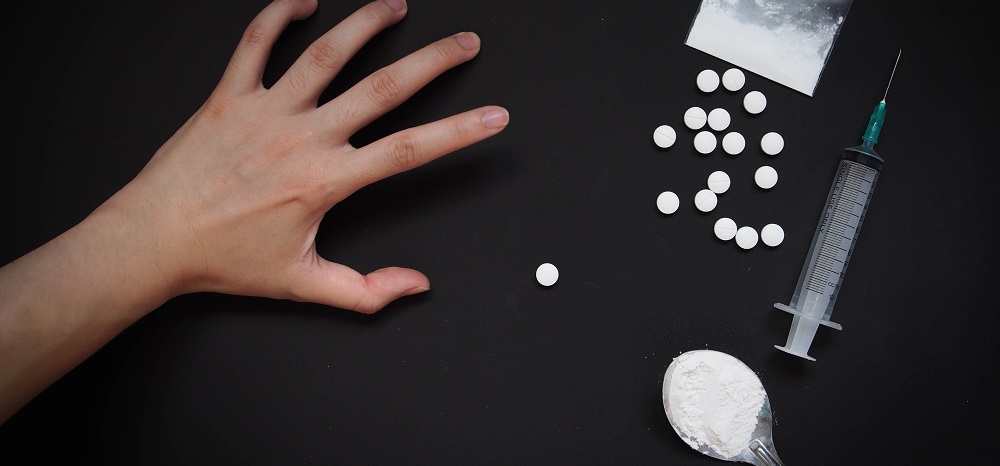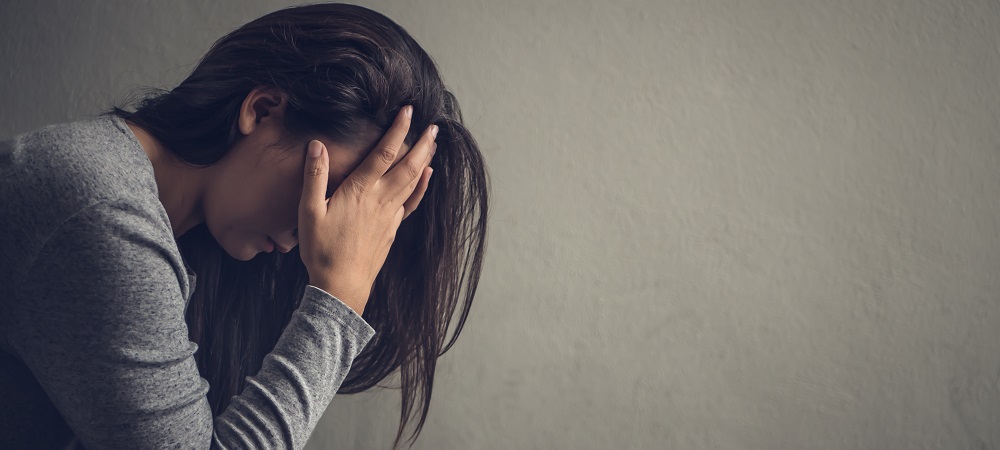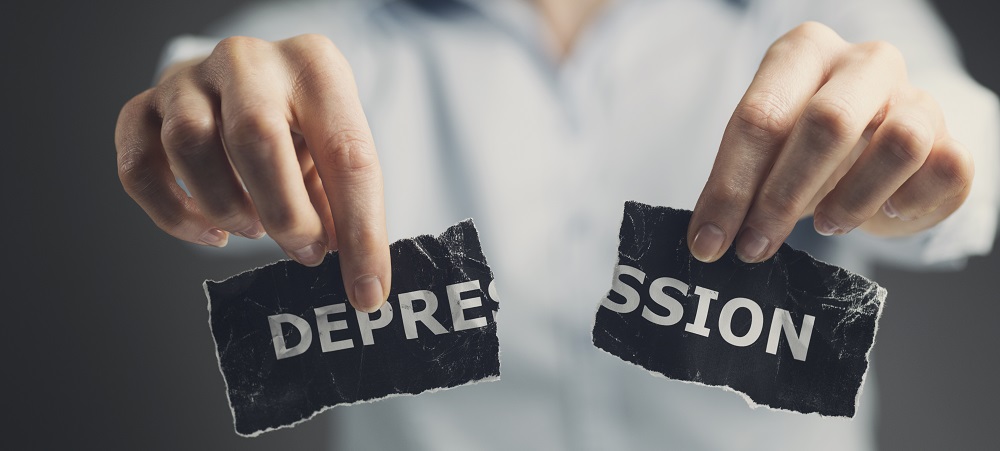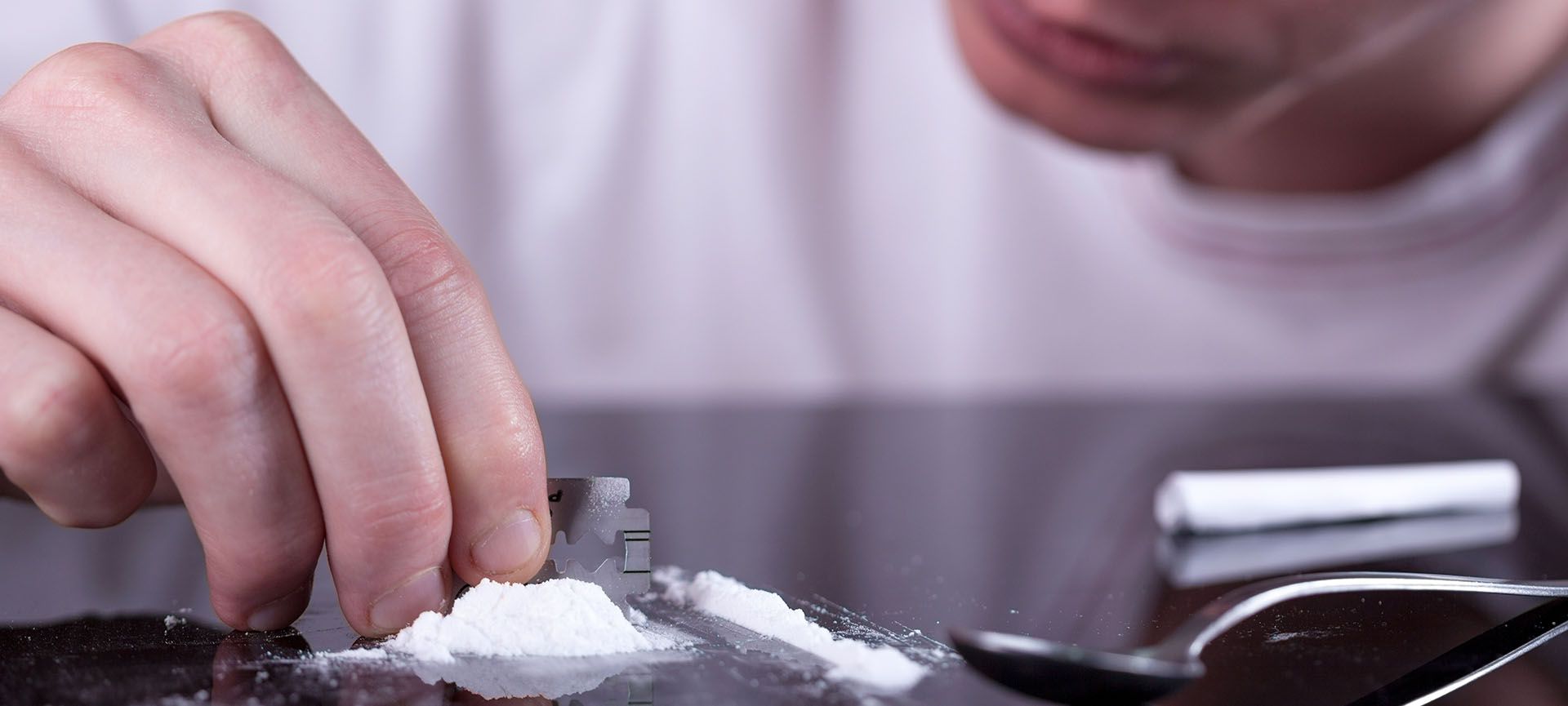
Cocaine Withdrawal: What To Expect
Cocaine is a central nervous system stimulant. Due to its impact on the central nervous system, cocaine withdrawal can be highly unpleasant. This substance generates a euphoric high and an energy rush in anyone who uses it.
Furthermore, it is popular as a recreational drug because it creates a feeling of confidence. Shy people become sociable. Anxious students are able to endure exams; overwhelmed executives can get through a long day of gruelling work. But as cocaine withdrawal sets in, the user starts to experience unpleasant symptoms, such as confusion, depression and exhaustion.
This drives them to seek out more of the drug. The deeper the individual falls into the pit of cocaine addiction, the more uncomfortable the cocaine withdrawal symptoms become.
The Dangers Of Cocaine Abuse
Regular long-term use of cocaine can have serious repercussions on your physical, mental and social health. By seeking cocaine addiction treatment sooner rather than later, you can reduce these impacts and set yourself on the path to a healthier, more positive life.
The risks of cocaine abuse include the following:
- High blood pressure, irregular and/or rapid heart rate, and cardiac arrest
- Stroke
- Kidney failure
- Mental health concerns such as anxiety and depression
- Paranoia
- Mood swings
- Aggression and/or an increased propensity for violent behaviour
- Inability to manage relationships and/or finances
- Increased risk of HIV and hepatitis from the use of shared needles
- Increased risk of respiratory disease from ingestion through smoking
- Sores and blisters around the nose and mouth from ingestion through snorting
- Collapsed veins and track marks from intravenous use
Cocaine Withdrawal Symptoms And Timelines
Cocaine withdrawal comes with some uncomfortable symptoms that may make this difficult. These appear at different phases of the withdrawal process and vary in severity from one person to the next. Typically, what to expect from cocaine withdrawal is based on
- The individual’s original state of physical and mental health
- The circumstances surrounding their addiction
- Whether any other substances are involved.
When exploring what to expect from cocaine withdrawal, there are three major timelines to this process.
The crash
The crash happens 24 hours or less after a period of sustained cocaine use ends. Many addicts who are in this phase are not intending to quit: they are simply caught in the cycle of cocaine use.
For those who are attempting to quit, this phase presents a high risk of relapse, as the discomfort of the withdrawal symptoms may drive you to seek out more of the drug.
Cocaine withdrawal symptoms that happen during this phase include:
- Lack of energy
- Deep depression and a sense of demotivation
- Hunger
- Anxiety
- Irritability and agitation
- Fatigue
Withdrawal
The second phase of cocaine withdrawal starts a few days after the last use of the drug, and it can go on for as long as ten weeks. The risk of relapse during this phase remains high, largely because of the persistence of symptoms.
If you begin to feel as if this feeling will never end, it’s possible to seek escape by using the drug. Symptoms that you may experience during this phase include:
- Depression, anxiety and paranoia
- A persistent sense that all is not right with the world
- Difficulty concentrating
- Intense cravings
- Mood swings
- Fatigue and low energy
Extinction
Once you reach this phase, your risk of relapse is significantly lower. Although extinction can last for up to six months, it is marked by a gradual but steady decline in the severity of most withdrawal symptoms.
You may continue to experience some cravings, and depression, while improved, may linger. Some individuals experience post-acute withdrawal syndrome (PAWS), which is marked by the persistence of impulse control difficulties.
Related article: Why You Should Not Attempt Cocaine Withdrawal On Your Own
Is Cocaine Withdrawal Dangerous?
It is important to understand the withdrawal risks of any substance before abruptly stopping the use. Some substances such as alcohol and certain opioids can have potentially life-threatening withdrawal symptoms.
Although cocaine withdrawal can be uncomfortable and frightening, it is generally not dangerous. However, some circumstances can create a higher risk.
- If you are addicted to both alcohol and cocaine, withdrawal from either one – or both together – can result in cardiac arrest
- If you have a condition that makes you prone to seizures, you are more likely to have seizures during withdrawal, and these can result in injury
- For some people, particularly those with preexisting mood disorders, cocaine withdrawal can lead to serious depression. This carries a risk of suicidal intent, suicide attempts and self-harm. This is exacerbated in cases of polysubstance abuse.
- One of the signs of cocaine withdrawal is an increased tendency to behave in a violent manner. This puts the cocaine addict at risk of harm, but it also increases the risk for other people.
How To Stay Safe Through Cocaine Withdrawal
Medical Detox
Cocaine withdrawal treatment is available through medical detox. Through this process, the cocaine user is supervised by medical professionals while the cocaine is working its way out of the system.
Medical detox can accomplish the following:
- It allows for immediate treatment of withdrawal symptoms as they arise
- The patient is kept safe and as comfortable as possible throughout the withdrawal process
- The patient is protected from the immediate risk of relapse
- A cocaine addiction treatment and rehab plan is formulated in preparation for the end of the detox
Although most medical detox is done on an inpatient basis, some people are able to withdraw from cocaine at home. Then, they attend medical appointments to monitor progress.
In order for this approach to be safe and effective, the patient must have no access to cocaine or any other substance. Also, they should have a strong support network consisting of family members and close friends.
Management Of Cravings
If you choose not to attend an inpatient or outpatient cocaine withdrawal treatment program, there are still some steps you can take to manage cravings:
- Ensure that your other lifestyle habits, such as nutrition and exercise, are strong enough to support you through the rigours of withdrawal
- Have someone you can call if you are in immediate danger of relapse
- Develop healthy habits and hobbies that you can use to distract yourself from cravings – for example, go for a walk, do some gardening, or take art classes
- Create new routines to end associations with cocaine use
- If possible, avoid the people and places associated with your use of cocaine
- If you used cocaine at home, reconfigure the space to make it new
- Avoid all substances – not just the one you are addicted to
If you do suffer a relapse, try not to be too hard on yourself. Relapse during the early stages of cocaine withdrawal is extremely common. However, it does not represent failure. Instead, it is a temporary setback that you can learn from and move on from.
Medication
Medication for cocaine withdrawal treatment should not be considered without prior consultation with your doctor. Although no medication has been developed to minimize withdrawal or reduce cravings, some medical relief may be available for specific withdrawal symptoms.
For example, if you are already undergoing medical treatment for depression, your doctor may temporarily adjust your doses for the duration of your withdrawal. Some sleep aids with low addiction potential may also be used to treat insomnia.
What Comes After Cocaine Withdrawal?
Cocaine withdrawal is an important first step to recovery. It gets the cocaine out of your system and gets you past the period during which your risk of relapse is at its highest. Most important, it sets you up for the next phase of your recovery: cocaine addiction treatment and rehab.
During this phase, you will be guided through the process of delving into the causes that lie beneath your addiction. Together with an expert, you can explore topics such as trauma, bullying, bereavement, or stress that comes with a major life event. By resolving certain issues, you can develop techniques for coping with those that you can’t.
The most effective cocaine addiction treatment programs are ones that are customized to the needs of the individual. Everyone is unique, and no two addiction journeys look the same. It is important to account for these individual differences in treatment.
Treatment programs can include a combination of methods and modalities, including:
- Group, individual and family therapy
- Creative therapies such as art, music and dance
- Yoga, meditation and mindfulness training
- Life skills training
- Nutrition and exercise coaching
At 1000 Islands Addiction Rehab & Treatment Centre, we don’t treat addictions, we treat human beings. We do not see you as someone with a substance abuse problem. Instead, we see substance abuse as a symptom of deeper issues that are affecting your life.
Under our gentle, compassionate guidance, you can find your way out of addiction and on the road to a happy, healthy, productive life. To get started, call us at 855-601-0555.
Related article: Cocaine Withdrawal: Symptoms, Timeline, Effects







